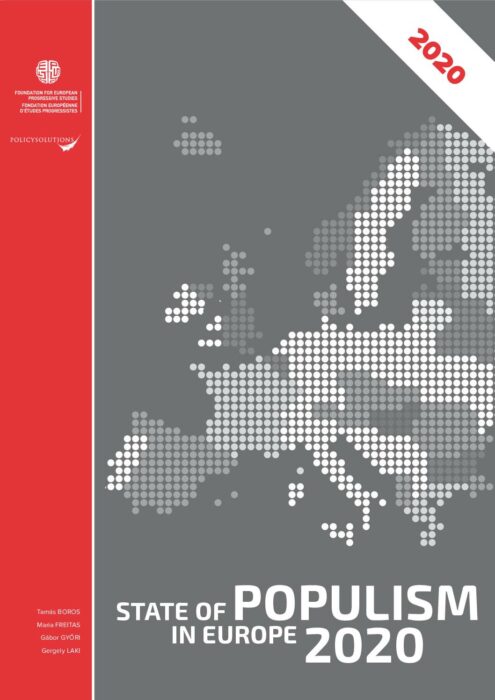Find all related publications
Publications
Find all related news
News
Find all related in the media
In the media
The Social Pillar at risk: Letta’s work and Schmit’s warnings for the next EU tenure
by The Watcher Post 03/05/2024
Veinte años del ‘big bang europeo’, el espejo en el que se mira la próxima gran ampliación hacia el Este
by El País 02/05/2024











